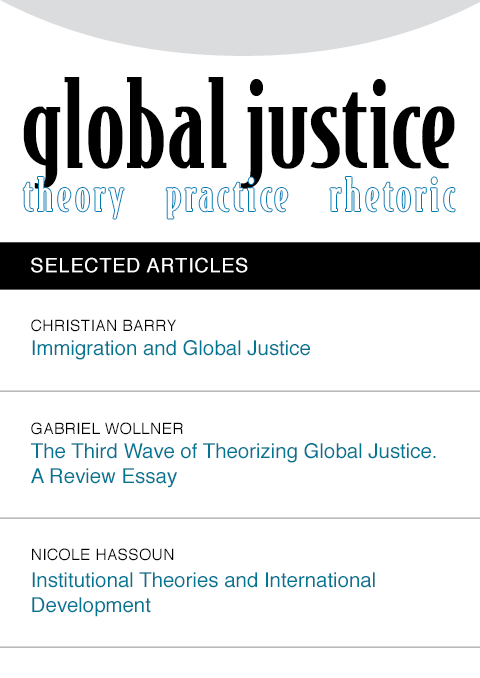Solidarity and/in Language
Theory, Practice, Rhetoric
DOI:
https://doi.org/10.21248/gjn.14.01.261Abstract
The notion of solidarity can be said to be premised on shared intention and joint action, particularly when oriented towards questions of social and political justice. Yet conceptions of solidary relations remain surprisingly thin on language, and the ethics of the linguistic practices and mechanisms through which individuals formulate a sufficiently meaningful backdrop necessary for shared intention and joint action. My aim in this article, therefore, is to begin filling this gap, in the form of a general normative account that identifies the multilayered interrelations between solidarity and language, and examines their moral and practical implications. I begin with a brief overview of solidarity and language in the context of normative debates on bounded political communities. I then proceed to offer a more critical account of solidarity and linguistic difference, challenging some of the assumptions underlying its present understanding in that literature. In order to highlight and illustrate that critique, I explore its relevance to the highly political and often overlooked question of solidarity and language loss. I conclude with a brief reflection on the field of political theory and philosophy, asking what theoretical, conceptual and methodological insights may be gained from a closer attention to the language of solidarity in the theoretical and practical pursuit of justice.

 Global Justice: Theory Practice Rhetoric (TPR) is a peer-reviewed, open-access e-journal which publishes original research in international political theory, with special emphasis on global justice. We are particularly interested in bridging the gap between political theory, empirical research, and the study of political practices and communication.
Global Justice: Theory Practice Rhetoric (TPR) is a peer-reviewed, open-access e-journal which publishes original research in international political theory, with special emphasis on global justice. We are particularly interested in bridging the gap between political theory, empirical research, and the study of political practices and communication. 


